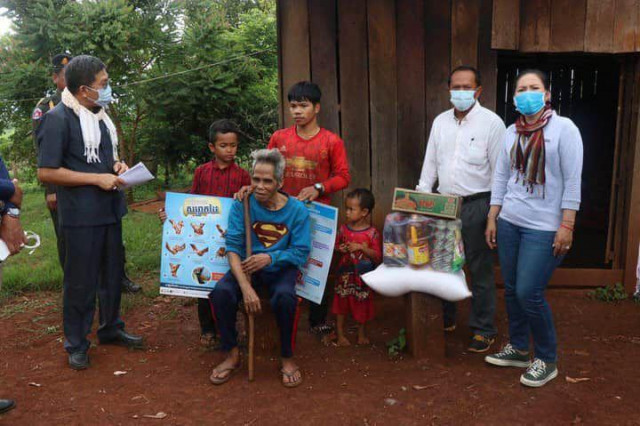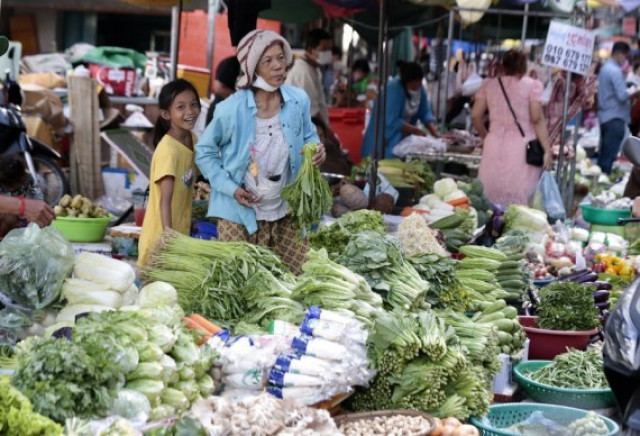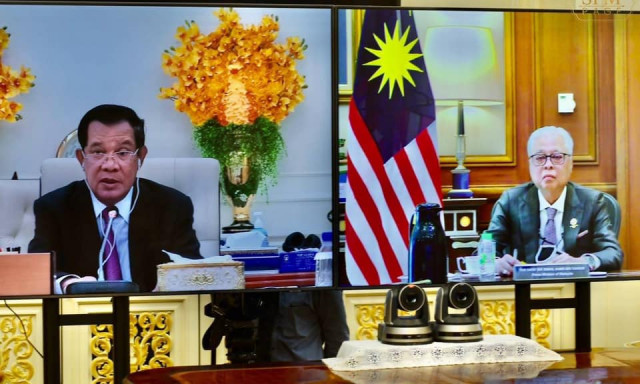Informal Economy’s Entertainment Workers Entitled to Receive Equity Card

- By Nhoek Samoun
- July 12, 2023 3:07 PM
PHNOM PENH – Workers from the informal economy working in the entertainment sector can now apply to receive an Equity Card, a perk from the government’s ID-Poor program that grants card holders free treatment in medical facilities - either public or private – affiliated with the National Social Security Fund (NSSF).
This is in line with the June 12 announcement on the provision of healthcare to the poor population through the Health Equity Fund system, said Heng Sophannarith, NSSF’s deputy director general.
The card will grant free-of-charge medical treatments to poor households working in the informal economy’s entertainment sector, such as waiters or waitresses in small food canteens or restaurants, KTV employees, or sex workers.
To allow entertainment workers to receive the card, business owners – who use this precarious workforce without formally employing them – or entertainment service providers must submit a list of people to the provincial administration, who will then review it before transferring it to the NSSF.
Informal workers from the entertainment sector can also apply for NSSF’s registration on voluntary basis.
Once they hold the card, informal workers will be able to freely access outpatient and postnatal care – including prenatal and postnatal care services – and other services in the hospitals that cooperate with the NSSF.
Female cardholders will receive a maternity allowance of 1.26 million riels (around $307) for childbirth, said the deputy director general.
Despite praising the government for opening the Equity Card scheme to new beneficiaries of the informal economy, President of the Independent Democratic Association of Informal Economy (IDEA) union Vorn Pov said he would like to see the government provide Equity Cards to every informal worker, and not only to those from the entertainment sector.
“In informal economies, the street vendors or those who live in rural areas that can’t afford to pay for the NSSF membership should be also provided with an equity card,” said Pov.
According to the IDEA president, only 2,000 informal workers, ranging from tuk-tuk and cyclo drivers to street sellers or domestic workers, have self-registered with the NSSF.
While some pay the NSSF’s subscription by themselves, others, particularly domestic workers, managed to have their employer pay it for them.
Originally written in Khmer for Thmey Thmey, this story was translated by Meng Seavmey for Cambodianess















